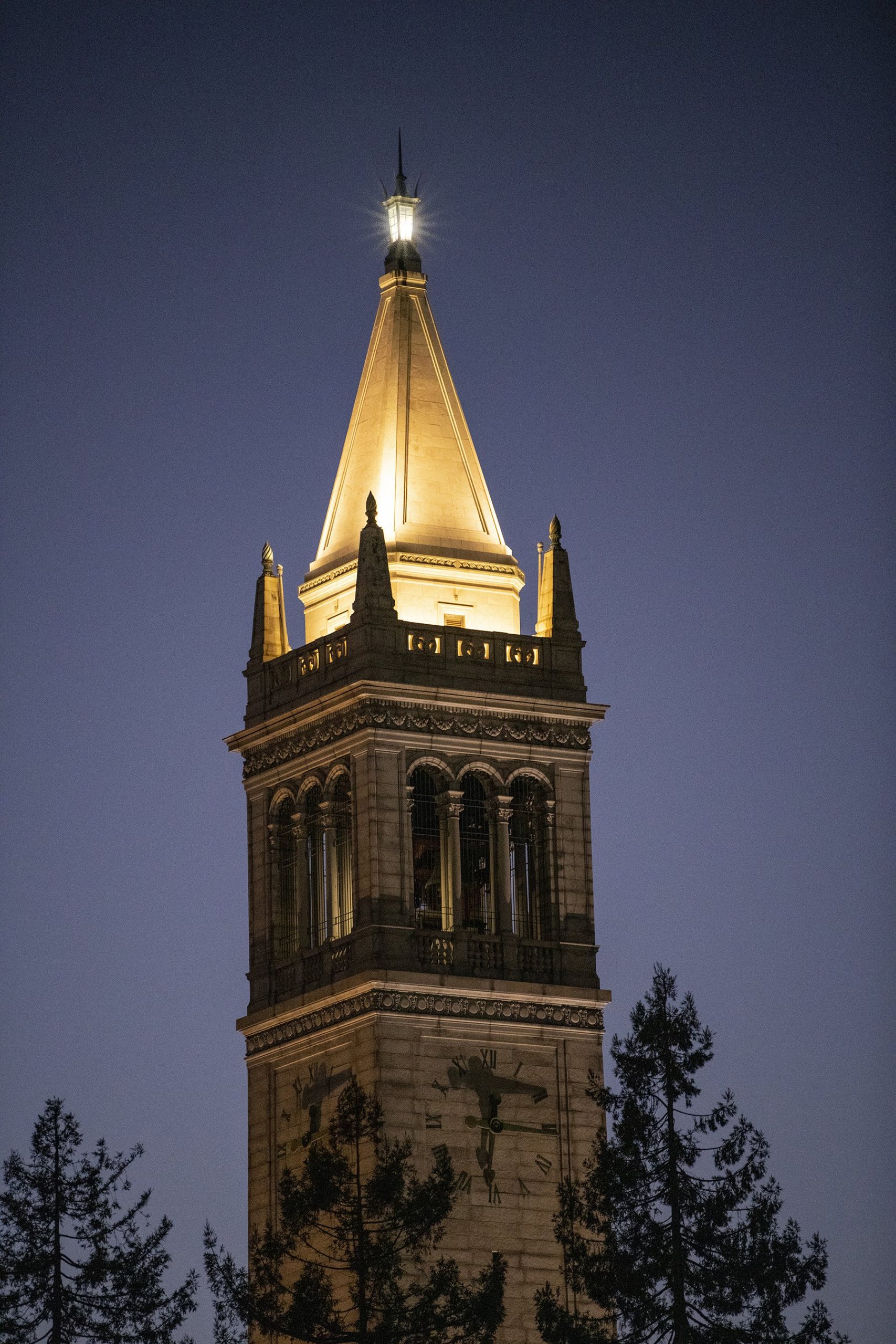Author: Chris Hoofnagle
-
Leiter on Academic Freedom
Professor Brian Leiter recently have a public lecture on the law and philosophy of academic freedom in the U.S.
-
“I’m moving this university in the direction of institutional neutrality.”
In an interview with KQED, new Chancellor Rich Lyons said: We actually have a positive obligation under what’s called Title IX of the Civil Rights Act to make sure that students are given full access to all the educational opportunities without harassment, without intimidation. And at the same time, we have a positive obligation to…
-
Reminder on OFEW
The BIFI Executive Committee sent this message to faculty on August 20, 2025 Dear colleagues, As a new academic year begins, we’d like to offer a timely reminder that guidance by OFEW on search procedures and evaluation of candidates for faculty positions is advisory, and Senate faculty on search committees generally can choose whether or…
-
UC’s SB 108 Speech Guidelines
UC President Michael Drake, in response to a requirement imposed by California legislatures, released guidelines for all UC campuses to implement and enforce rules surrounding protests. The guidelines require several categories of rules: UC Berkeley’s implementation of the student conduct rules are here. UC Berkeley also has a more general summary here.
-
JHU Adopts Institutional Neutrality
The President, Provost, and Deans of Johns Hopkins University stated [local copy]: …the very idea of an “official” position of the university on a social, scientific, or political issue runs counter to our foundational ethos—articulated most clearly in our Statement of Principles of Academic Freedom—to be a place where competing views are welcomed, challenged, and tested through…
-
UCOP, Campuses Must Provide Free Speech, Climate Report
California’s budget bill specifies that UC campuses must issue a climate report on free speech, or risk losing $25 million in funding. The relevant portions of the bill are pasted below. 34. It is the intent of the Legislature that the University of California foster freedom of expression and the free exchange of ideas that…
-
Might warnings deter the heckler veto?
Berkeley Law Dean Erwin Chemerinsky relates an anecdote about a threat to shut down an event and how he responded in the AALS President’s Message (Spring 2022) A few years ago, there was an incident at my law school where an Israeli Supreme Court justice was coming to speak. A group, Students for Justice in…
-
Stanford tweaks institutional neutrality policy
According to the Stanford Report, the campus tweaked its institutional neutrality and free speech policies. The new institutional policy reads: When speaking for the institution, Stanford University leaders and administrators should not express an opinion on political and social controversies, unless these matters directly affect the mission of the university or implicate its legal obligations.…
-
Harvard FAS will replace DEI statements with service statement
The Crimson reports that Harvard’s Faculty of Arts and Sciences will no longer require DEI statements of faculty candidates: [Dean of Faculty Affairs and Planning] Zipser wrote that she and FAS Dean Hopi E. Hoekstra “made this change in response to feedback from numerous faculty members” who expressed concern that existing requirements were “too narrow…
-
Harvard didn’t plagiarize Chicago’s Kalven approach
In the Report on Institutional Voice in the University, the Institutional Voice working group wrote, the “university and its leaders should not…issue official statements about public matters that do not directly affect the university’s core function.”
